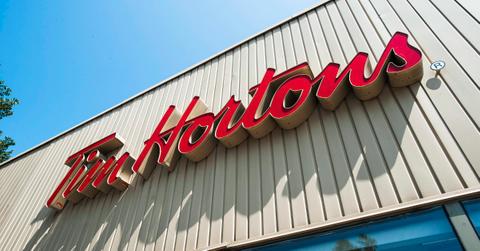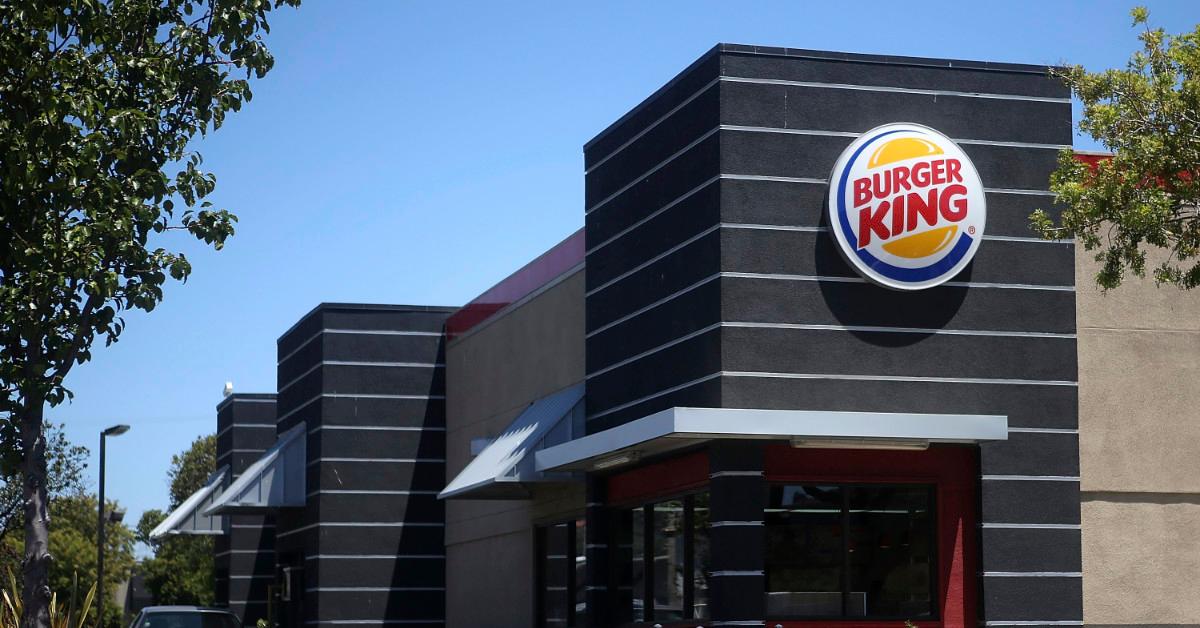Law Firms Seek Plaintiffs for Lawsuit Against Restaurant Brands International
Restaurant Brands International is facing an investor lawsuit over alleged violations of the Securities Exchange Act of 1934. What does the lawsuit entail?
Feb. 10 2021, Published 2:14 p.m. ET

Canadian coffee shop chain Tim Hortons announced its Tims Rewards loyalty program in 2019. It offered customers a free cup of coffee, a cup of tea, or a baked good after every seventh visit. However, the program's performance left a sour taste in some investors’ mouths, according to a new Restaurant Brands investor lawsuit.
According to Robbins Geller Rudman & Dowd LLP, one of the law firms working with plaintiffs in the case, the class-action lawsuit started in December 2020 in the Southern District of New York.
Restaurant Brands International owns Burger King, Tim Hortons, and Popeyes.

Restaurant Brands International Inc. (NYSE: QSR) is a Canadian holding company based in Toronto, Ontario. It was formed in December 2014 when American fast-food chain Burger King finalized its merger with Tim Hortons. The company expanded in March 2017 when it purchased American fast-food chain Popeyes Louisiana Chicken.
On its website, RBI bills itself as “one of the world’s largest quick service restaurant companies with approximately $32 billion in annual system-wide sales and 27,000 restaurants in more than 100 countries and U.S. territories.” According to Investopedia, RBI is the seventh-largest restaurant company, behind McDonald’s, Yum China Holdings, Darden Restaurants, Autogrill, and Chipotle Mexican Grill.
The class action suit against RBI relates to the company’s “Winning Together Plan.”
The class-action suit represents investors who purchased or acquired Restaurant Brands common stock between April 29, 2019, and October 28, 2019—a span deemed the “Class Period.” The lawsuit charges the company and certain RBI executives of violations of the Securities Exchange Act of 1934, according to Robbins Geller Rudman & Dowd.
Specifically, the lawsuit relates to the “Winning Together Plan” that RBI designed to improve the restaurant experience, product excellence, and brand communications for its Tim Hortons brand. The company announced the plan in April 2018 and announced its Tims Rewards loyalty program for Canadian customers in March 2019. The company announced the expansion of the program to American customers the following month. Then, the company completed two stock offerings later that year.
The suit alleged that the defendants “made false and/or misleading statements and/or failed to disclose” that the Winning Together Plan wasn’t generating substantial and sustainable improvement for the Tim Hortons brand, that the loyalty program wasn't generating sustainable revenue growth, and that the defendants’ statements about RBI’s business, operations, and prospects “lacked a reasonable basis.”
“On October 28, 2019, mere weeks after the offerings were completed, investors learned the truth about Tim Hortons’ hyped growth initiatives when Restaurant Brands announced disappointing financial results for the third quarter ended September 30, 2019,” the suit adds.
One law firm is looking for lead plaintiffs.
Robbins Geller Rudman & Dowd is encouraging those interested in serving as lead plaintiff of the Restaurant Brands class action lawsuit to contact its firm. February 19, 2021, is the filing deadline.
A lead plaintiff, according to the firm, is “the movant with the greatest financial interest in the relief sought by the putative class who is also typical and adequate of the putative class” and a plaintiff who “acts on behalf of all other class members in directing the Restaurant Brands class action lawsuit.”
Other law firms working with investors in the Restaurant Brands class action lawsuit include Kirby McInerney LLP, Bernstein Liebhard LLP, and The Rosen Law Firm.
